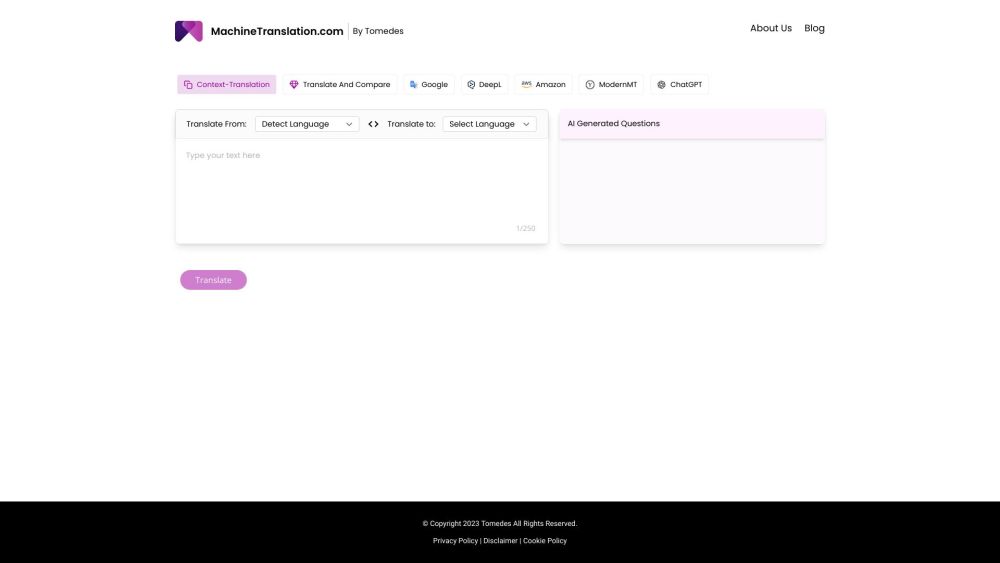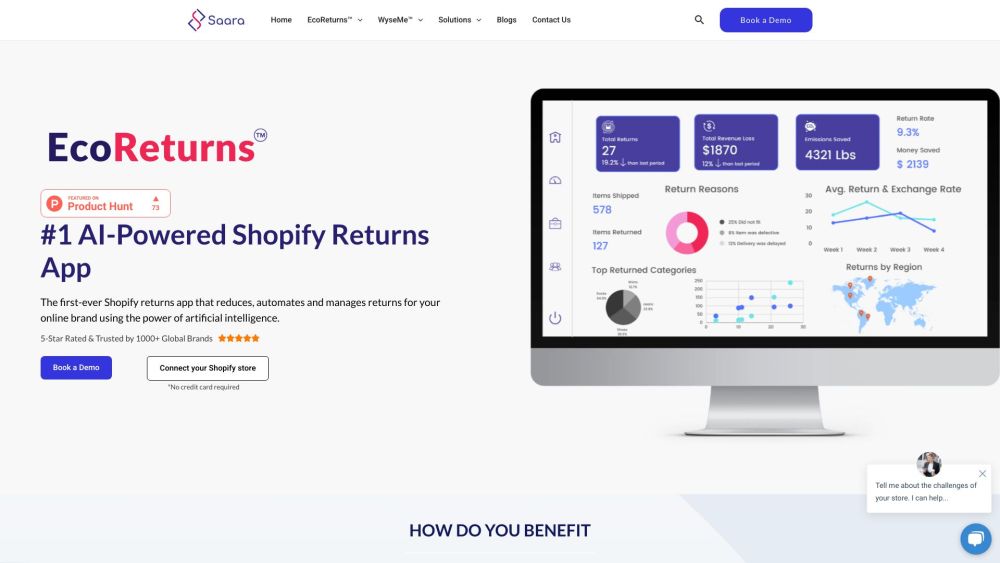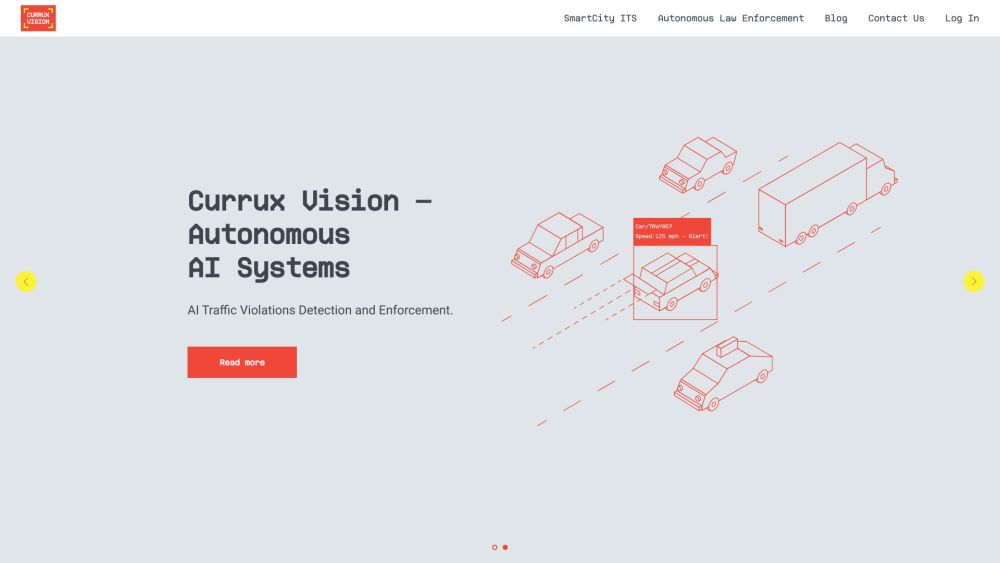Generative AI and Its Impact on ICT Jobs
Generative AI is rapidly transforming the workplace, with predictions suggesting that over 92% of information and communication technology (ICT) jobs will be significantly altered by AI.
The AI-Enabled ICT Workforce Consortium recently published a report titled “The Impact of Generative AI,” highlighting how major technology companies like Google, IBM, Microsoft, SAP, and others are collaborating to tackle AI talent challenges.
Ryan Oakes, global health and public service industry lead at Accenture, stated, “Gen AI has the potential to reinvent fundamental aspects of our daily lives. We are addressing the workforce opportunities and challenges that will arise as generative AI becomes more prevalent.”
Key Job Families Affected by AI
The consortium analyzed 47 specific ICT job roles within seven key "job families": business and management, cybersecurity, data science, design and user experience, infrastructure and operations, software development, and testing and quality assurance. Roles were categorized based on the level of transformation anticipated, with moderate- and high-impact indicating that at least 50% of core skills will be affected by AI.
The findings revealed that 96% of entry-level and 84% of mid-level roles will experience significant AI impact. The most profound transformations are expected in business and management, design and user experience, and testing and quality assurance.
In the business and management sector, for example, 62.5% of roles are expected to undergo high transformation, while 37.5% will see moderate changes. AI can streamline tasks such as developing product strategies, predictive analytics, report generation, project management, and process automation.
Emerging and Declining Skills
To thrive in this evolving landscape, workers across all levels must acquire new skills in areas such as AI-driven competitive analysis, machine learning, prompt engineering, data science, and natural language processing. Skills that are becoming less relevant include basic data analysis, manual data cleaning, and documentation management.
In the design and user experience sector, 66.7% of roles are projected to experience high transformation. AI will enable automation, improve workflows, facilitate data analysis, and allow for hyper-personalization of products. New skills needed include proprietary AI design, product design, and advanced data interpretation.
Lydia Logan, IBM's VP for global education and workforce development, emphasized the importance of this report, stating that it equips the ICT sector—students, workers, and employers—with essential data to prepare for changes and stay competitive in the labor market.
Identifying Relevant Skills
The consortium outlined ten increasingly relevant skills for the future:
1. AI ethics and responsible AI
2. AI literacy
3. Prompt engineering
4. Large language model architecture
5. Agile methodologies
6. Data analytics
7. Machine learning
8. Retrieval-augmented generation
9. TensorFlow
10. Natural language processing
Conversely, the following ten technical skills are expected to decrease in relevance:
1. Basic programming
2. Content creation
3. Data management
4. Research
5. Documentation maintenance
6. SQL
7. Manual XML handling
8. Manual Perl scripting
9. Integration software
10. Manual malware analysis
Action Required from All Stakeholders
To remain competitive and foster innovation, enterprises must invest in AI training initiatives that consider employee feedback and training needs. Educational institutions should revise their curricula to incorporate AI technologies and provide accessible certification programs, focusing on work-based learning and collaboration with secondary education.
Workers should embrace lifelong learning by pursuing reskilling and upskilling opportunities, such as employer programs, labor-sponsored training, or online courses. New entrants can gain experience through internships and mentorships.
Looking forward, the consortium aims to create an “AI skills taxonomy” to define and map skills to their respective roles. Additionally, an AI Workforce Playbook will guide businesses in reskilling initiatives, incorporating insights from various stakeholders and addressing the needs of underserved communities.
The consortium will also continue collaborating with G7 governments on an AI Action Plan. Francine Katsoudas, EVP and chief people, policy and purpose officer at Cisco, concluded, “AI represents an unprecedented opportunity for technology to benefit humanity, and we must act intentionally to ensure no populations are left behind.”




